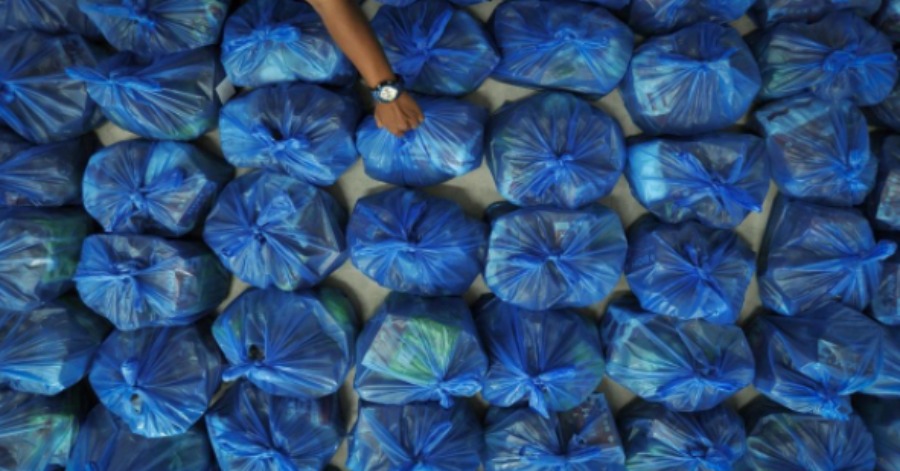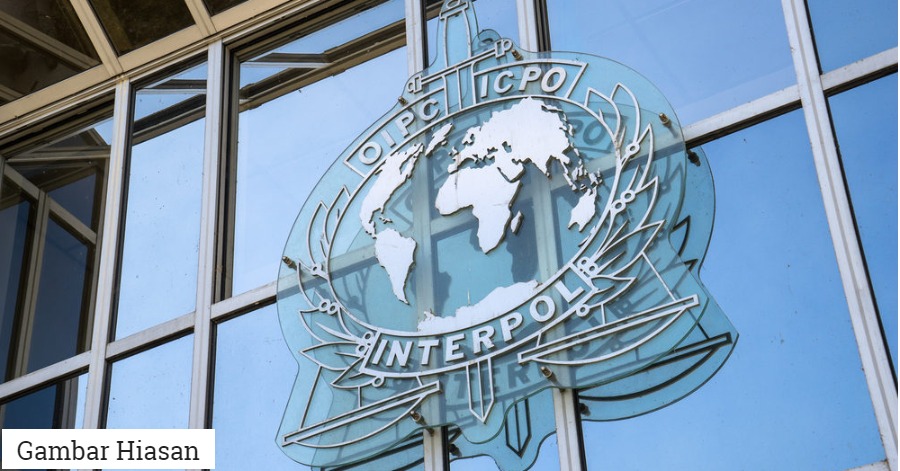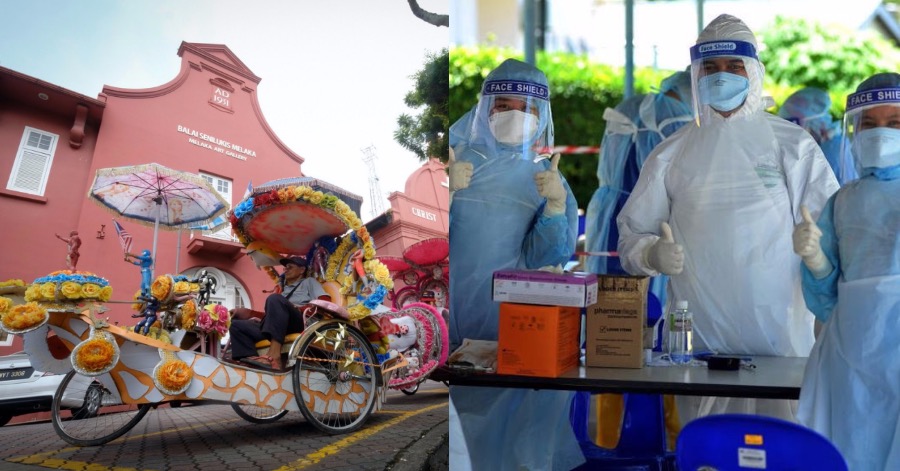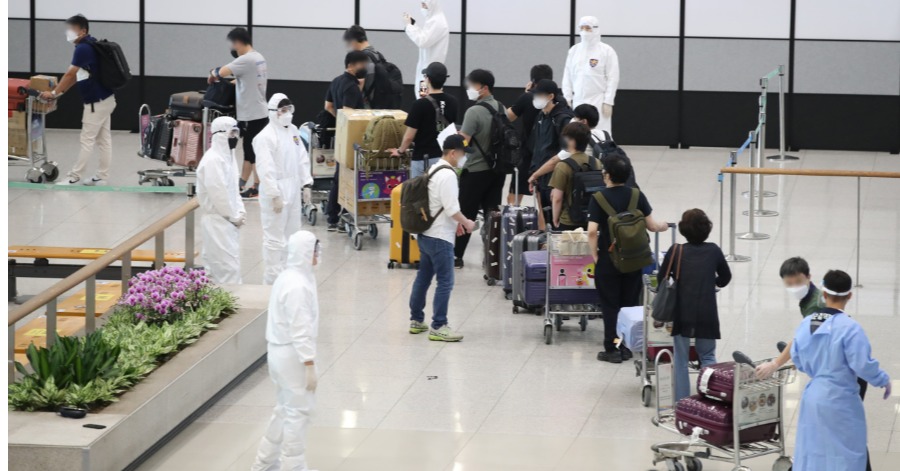KIGALI (Rwanda), July 9 — United Nations Children’s Fund (UNICEF) said Thursday that it had reached a deal to supply up to 220 million doses of the Johnson & Johnson COVID-19 vaccine to African Union member states by the end of 2022.
In a statement, the agency said the agreement was signed with Belgium-based and Johnson & Johnson-owned Janssen Pharmaceutica NV, Anadolu Agency (AA) reported.
Some 35 million doses of the single-dose vaccine could be delivered to the African Union’s 55 member states by the end of this year and another 180 million doses could be ordered by year’s end, it said.
UNICEF believes that African countries must have affordable and equitable access to COVID-19 vaccines as soon as possible.
“Vaccine access has been unequal and unfair, with less than one per cent of the population of the African continent currently vaccinated against COVID-19. This cannot continue,” said UNICEF Executive Director Henrietta Fore.
“UNICEF, with its long history of delivering vaccines all around the world, is supporting global COVID-19 vaccination efforts through the African Vaccine Acquisition Trust (AVAT), COVAX, and other channels to maximise supply and access to vaccines,” she said.
The Johnson & Johnson vaccine received emergency approval from the World Health Organisation (WHO) in March.
The African Union established AVAT in November 2020 to deliver COVID-19 vaccines to the African continent, with a goal of vaccinating 60 per cent of each African Union country’s population.
The agreement comes as the African continent faces its steepest surge in COVID-19 cases yet, amid vaccine supply challenges which have left many countries with large unvaccinated populations.
At a media briefing Thursday, Matshidiso Moeti, WHO Regional Director for Africa, said more than 1.6 million doses have been delivered to Africa in the last two weeks through the COVAX facility, a worldwide initiative aimed at equitable access to COVID-19 vaccines.
So far, 50 million doses have been administered in Africa, accounting for just 1.6 per cent of the doses given globally.
Sources: BERNAMA









Leave a Comment